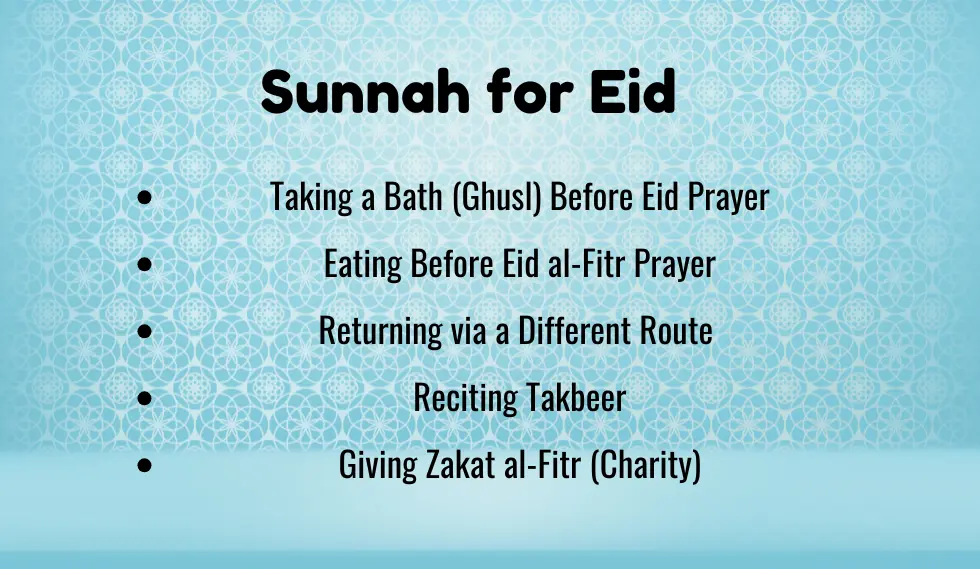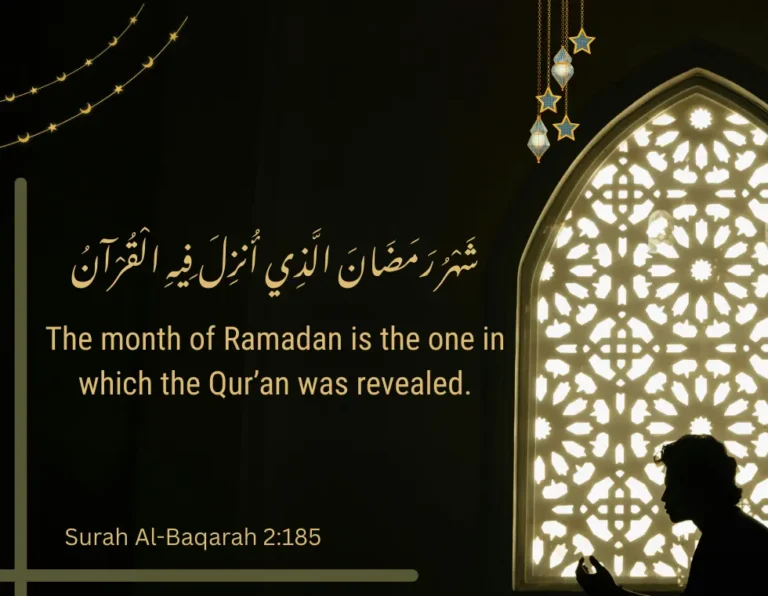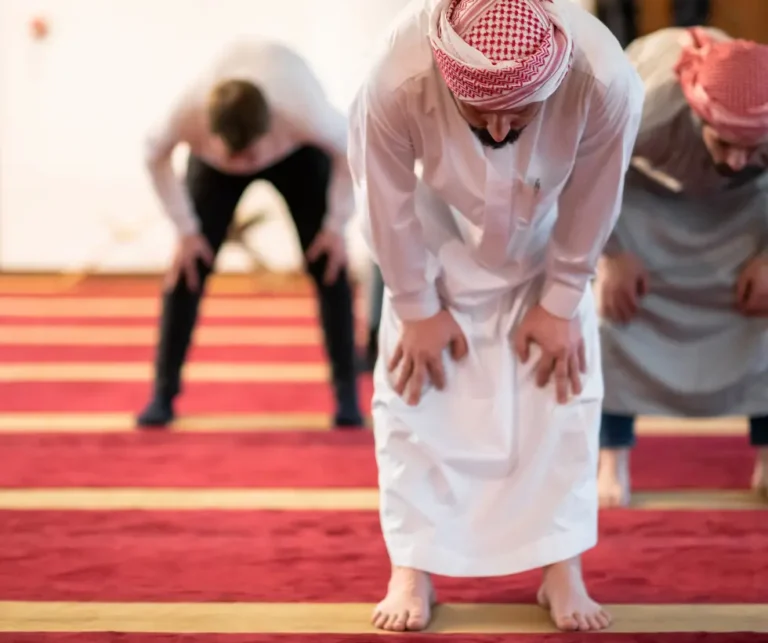Sunnah of Eid
Sunnah of Eid should abide by as we well familiar that Eid is a time for family get-togethers, celebration, and giving best wishes of Eid for Muslims all over. It’s a moment to congratulate one another for finishing Ramadan or the Hajj successfully, whether it is Eid-Ul-Fitr or Eid-Ul-Adha.
To really experience the beauty of Eid, one must understand and follow the Eid Sunnah, or practices of Prophet Muhammad (PBUH), on this unique day.
Top of the List, Eid Sunnah is to recite Takbir when you hear tomorrow is Eid. Rest of sunnahs are mentioned below;
Taking a Bath (Ghusl) Before Eid Prayer
One of the first Sunnahs of Eid is performing ghusl (a bath) before heading to the Eid prayer. Abdullah ibn Umar (RA) reported:
The Messenger of Allah (ﷺ) used to take a bath on the day of Fitr and the day of Adha.
رسول اللہ(ﷺ) عید الفطر اور عید الاضحی کے دن غسل کرتے تھے۔
Reference: Sunan Ibn Majah 1315

Eating Before Eid al-Fitr Prayer
Before heading to the Eid al-Fitr prayer, it is Sunnah of Eid to eat an odd number of dates to mark the end of Ramadan and express gratitude to Allah. Anas ibn Malik (RA) said:
The Messenger of Allah (ﷺ) would not go out on the morning of Eid al-Fitr until he had eaten some dates, and he would eat an odd number of them.
رسول اللہ (ﷺ) عید الفطر کے دن نماز کے لئے جانے سے پہلے کچھ کھجوریں تناول فرماتے، اور ان کی تعداد طاق ہوتی
Reference: Sahih al-Bukhari 953
Returning via a Different Route
The Prophet ﷺ would walk to the Eid prayer ground and return home using a different path to spread the joy of Eid and greet more people along the way. This is also Sunnah of Eid Jabir ibn Abdullah (RA) reported:
On the Day of Eid the Prophet (ﷺ) used to return through a different route (after offering the Eid prayer) from that by which he went.
نبی کریم صلی اللہ علیہ وسلم عید کے دن ایک راستہ سے جاتے پھر دوسرا راستہ بدل کر آتے۔
Reference: Sahih al-Bukhari 986
Reciting Takbeer
The Takbeer (glorification of Allah) should be recited from Maghrib on the night before Eid until the Eid prayer. Um `Atiya Narrated:
We used to be ordered to come out on the Day of Eid and even bring out virgin girls and menstruating women from their so that they could stand behind the men and say Takbir along with them and invoke Allah with them, hoping for the blessings of the day and purification from sins.
ہمیں حکم دیا جاتا تھا کہ عید کے دن گھر سے نکلیں، حتی کہ کنواری لڑکیوں کو ان کے پردوں کے ساتھ نکالیں اور حائضہ عورتوں کو بھی گھروں سے برآمد کریں، چنانچہ وہ مردوں کے پیچھے رہتیں، ان کی تکبیر کے ساتھ تکبیر کہتیں، نیز مردوں کی دعا کے ساتھ دعائیں مانگتیں اور اس دن کی برکت اور طہارت کی امید رکھتی تھیں۔
Reference: Sahih al-Bukhari 971
Takbeer for Eid:
اللَّهُ أَكْبَرُ اللَّهُ أَكْبَرُ، لَا إِلٰهَ إِلَّا اللَّهُ، وَاللَّهُ أَكْبَرُ اللَّهُ أَكْبَرُ، وَلِلَّهِ الْحَمْدُ
Allahu Akbar, Allahu Akbar, la ilaha illa Allah, wa Allahu Akbar, Allahu Akbar, wa lillahil hamd
Giving Zakat al-Fitr (Charity)
To ensure that the poor can also celebrate Eid, giving Zakat al-Fitr before the Eid prayer is an essential Sunnah of Eid. Reported by Abdullah ibn Abbas:
The Prophet of Allah(ﷺ) ordered the sadaqah (alms) related to the breaking of the fast as a purification of the fast from meaningless and inappropriate conversation and as food for the poor.
If someone pays it before the Eid prayer, it will be considered as zakat. If somebody pays it after the prayer, it would be considered a sadaqah, just like any other alms.
رسول اللہ(ﷺ) نے صدقہ فطر صائم کو لغو اور بیہودہ باتوں سے پاک کرنے کے لیے اور مسکینوں کے کھانے کے لیے فرض کیا ہے، لہٰذا جو اسے ( عید کی ) نماز سے پہلے ادا کرے گا تو یہ مقبول صدقہ ہو گا اور جو اسے نماز کے بعد ادا کرے گا تو وہ عام صدقات میں سے ایک صدقہ ہو گا۔
Reference: Sunan Abi Dawud 1609


